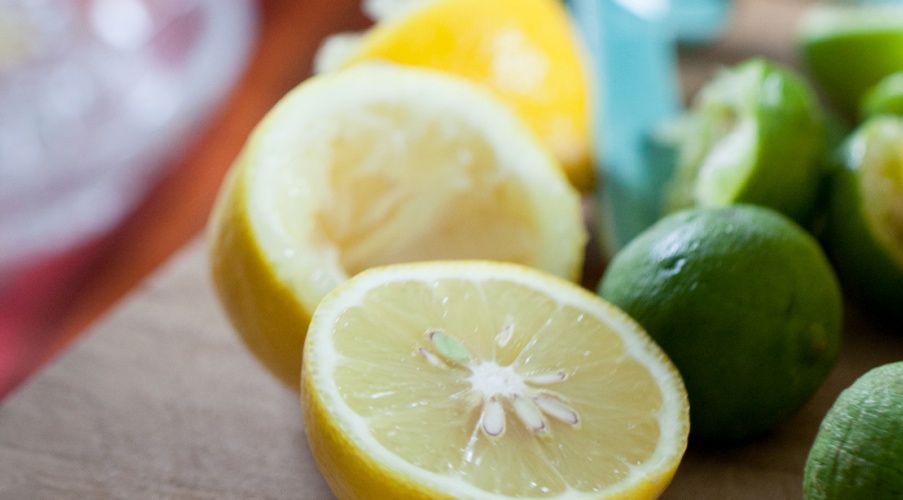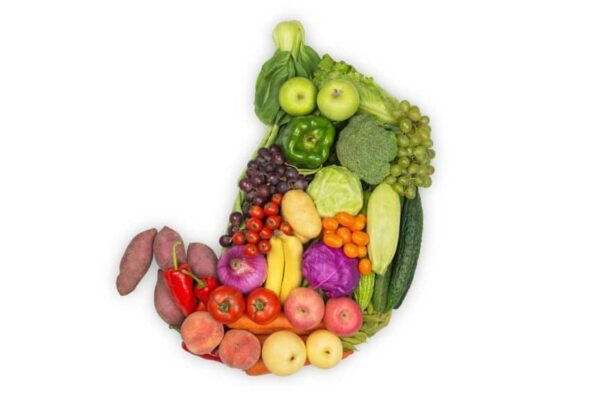The Most Important Digestive Phase (That Nobody Ever Talks About)

In culinary nutrition, we talk a lot about digestion, but there’s one phase of digestion that nobody ever seems to talk about. It also happens to be the most important phase of digestion.
Picture these two scenarios:
Scenario 1: You’re woken up in the morning with an alarm with little time to get dressed, brush your teeth, wash up, pack your bags, and have breakfast, in order to make it on time for work. As a result, you are running around frantically trying to get everything done. The morning flurry culminates with you preparing a quick breakfast, throwing it in a container and taking it with you so you can eat it while driving in traffic in the morning commute.
Now take a moment to picture how you would feel after eating this meal.
Scenario 2: You plan a date to meet a good friend at a local restaurant. You make a reservation a few weeks in advance to ensure you’ll be guaranteed a table. You arrive at the restaurant on time and so does your friend. The restaurant has a relaxing ambience, with dimmed lights, pleasant music, and service with a genuine smile. The food comes in multiple courses over about an hour and half. Before you get your food, you smell the wonderful aromas of freshly plated dishes, and see the artful arrangements. In addition, the restaurant boasts an open concept kitchen, so patrons are privy to watching the chefs prepare the culinary delights.
Now take a moment to picture how you would feel after this meal.
My prediction is that you would feel much better after the second scenario. In both situations you are filling yourself, so what is the physiological basis for this? Well, the state of our mind greatly influences how we digest a meal. And much of this influence happens before any food enters our mouth. It is called the cephalic phase of digestion.
The Cephalic Phase of Digestion
In our rushed culture, many people think of eating as an inconvenience. They seek out quick options, and even go as far as eliminating eating food completely. We have become disconnected from not only what we’re eating, but just as important, how we’re eating it.
Our senses serve as the initiator of digestion. Seeing a delicious meal, smelling it’s aromas, feeling the texture, even talking about the food, or hearing the pan sizzle, all stimulate a reflex reaction via the vagus nerve which causes the release of digestive juices, readying the stomach for the food that will soon be coming down the pipes. We all know what happens when we picture biting into a big juicy slice of lemon. It’s almost impossible not to start salivating. This “predigestion” actually accounts for about 20 to 30 per cent of the gastric juices that will be produced. Since stomach hydrochloric acid is critical for proper digestion, this phase is critical for long-term health.
Get your FREE 1-Day Digestion Meal Plan plus 35 more free resource guides!
Fill out the form below for instant access.
Free Resource Library
Enjoy more than 40 downloadable guides, recipes, and resources.
The Clinical Implications of Bypassing the Cephalic Phase
Sometimes it is necessary to rush through a meal. It’s just unavoidable. But when you do this day in and day out, over many years, the consequences can be drastic.
I can’t tell you how many clients I’ve consulted, where the main lifestyle habit we change is that they must take time to to have a mindful meal. The results from this one change are profound. People with irritable bowel syndrome see a decrease in their symptoms. Those who suffer from indigestion find relief. People on antacids and other digestive drugs can reduce their dosage and even discontinue treatment. This might seem like a small inconsequential change, but the results continue to show time and time again.
Tips to Maximize the Cephalic Phase
- Set time aside for meals.
- As mentioned in Michael Pollan’s book Food Rules, “Eat at a table. A desk is not a table.”
- Plan your meals in advance.
- Engage in pleasant conversation before and during the meal. Avoid upsetting conversation.
- Set the mood for mealtime. Dim the lights. Light a candle. Play some dinner music.
- Present the food in a visually appealing manner.
- Use herbs and spices and aromatic foods.
- Give yourself ample time to eat your meal.
- From a clinical perspective, when I see my clients learning how to eat as well as learning what to eat, the positive results are multiplied.
Free Resource Library
Enjoy more than 40 downloadable guides, recipes, and resources.























